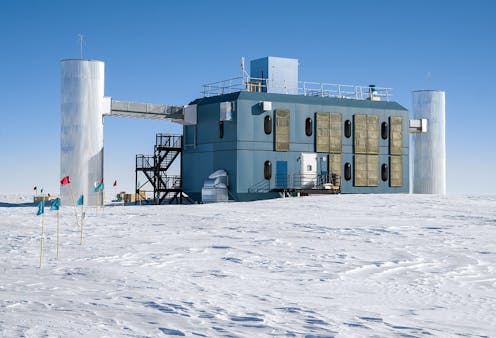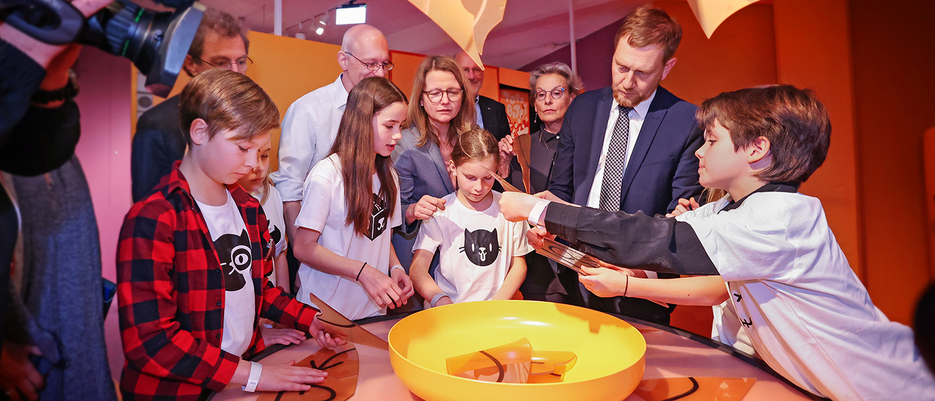Recently awarded more than $200,000 under the first round of the Federal Government’s Indigenous Australians Health Programme Emerging Priorities grant scheme, the research will involve biomedical scientists and nurses from USQ, as well as health workers from eight Aboriginal medical services from Gladstone to Cunnamulla.
Lead researcher Associate Professor Eliza Whiteside said the management of wounds and skin infections was a significant issue in regional Australia, particularly in Aboriginal communities due to difficulties in accessing wound care products and services and high rates of comorbid conditions such as diabetes and vascular disease.
“These conditions can make the treatment of wounds quite complicated so we’re looking to be able to develop a test that Aboriginal health workers will be able to use to treat wounds faster and more holistically,” she said.
“Through our collaboration with nurses working at the Aboriginal medical services, we’ll be collecting wound fluid samples to test in our lab at USQ, looking for markers that show us what infections are present as well as biomarkers that tell us how the body is responding to the wound.
“We’ll investigate how those markers interact and the clues they can offer as to whether the wound will heal or not. The research will also investigate the capacity of traditional bush medicines to complement the testing platform we’re looking to create.”
Chairwoman of Toowoomba based Goolburri Aboriginal Health Advancement, senior USQ Nursing lecturer, and A/Prof in the College for Indigenous Studies, Education and Research, Dr Raelene Ward, said the importance of the research could not be overstated.
“Wound care in Aboriginal communities is far more complex than wound care in a general hospital setting,” Dr Ward said.
“This project will be instrumental in bettering the treatment options and maintain much better support from an Aboriginal medical service point of view,” Dr Ward said.
“It’s also an area of health care that hasn’t been explored before in specific relationship to Aboriginal medical services, so there are some very important learning opportunities here for our nurses working in Aboriginal communities around how to test, treat and care for wounds.
“The opportunity is also there to deliver those learnings and translate those new skills back into the broader health care system and build some valuable new connections between USQ and Aboriginal health services throughout Queensland.”









